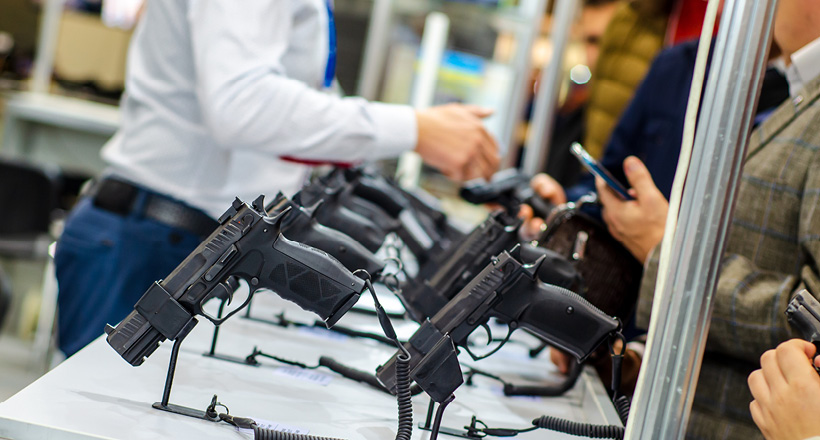Across the U.S in cities such as New York City, government officials have already begun the process of easing COVID-19 restrictions as a result of an increase in the amount of people getting vaccinated. For the most part, reopening has been something to celebrate, with more opportunities for vaccinated people to gather as they would pre-COVID. This is especially exciting for all the parades and parties that are to come during Pride Month that had to be cancelled last year. However, for some, reopening has also been a time of mourning and pain.
Since reopening, there has been an increase in hate crimes against Asian Americans and African Americans, as well as other marginalized groups. There has also been an increase in gun violence. On March 16, 2021, white gunman Robert Aaron Long, 21, of Woodstock, Georgia entered three massage parlors and shot eight people, six of whom were of Asian descent. Four of the eight women killed have been confirmed to be ethnic Koreans by the South Korean Consulate in Atlanta, Georgia. This shooting was more than just a shooting. Like many other instances of gun violence, this was a hate crime motivated by Anti-Asian hate and prejudice.
Unfortunately, this isn’t the only incident of gun violence that has occurred this year. Tragedies like this have been happening throughout the country. On June 6, 2021, a shooting occurred at Underhill Field in Maplewood, New Jersey. Two high school students were shot. One of the students was simply injured and treated at a hospital for a non-life-threatening gunshot wound. This student’s name hasn’t been released. Sadly, the other student, Moussa Fofana who was only 18 years old, died at the scene of the shooting. Both students attended Columbia High School where Fofana was moving into his second year as a varsity high school soccer player. The superintendent of the school, Dr. Ronald Taylor, sent out a letter to students and their families stating that they are working to provide resources “for addressing the needs of our students, staff, and families”. Police are currently investigating and at this time neither a suspect nor a motive has been named.
Speaking of motives, it has become a constant occurrence that whenever a mass shooting occurs, the general public will look for a motive in order to aid in the process of making sense of a horrible tragedy. However, there are experts who aren’t sure if motives really matter, and they make it clear that motives aren’t always easy to find. Shuki Cohen, a psychologist and terrorism researcher at the John Jay College of Criminal Justice in New York says “It’s [motive] central to our meaning-making, but its inaccessible to us”. It is true that there have been shootings where the motive has been clear. One example of this is the El Paso shooting in 2019. Before the shooting, the gunman posted a manifesto expressing negative views about Hispanic immigrants. But in other situations, what might look like a motive ends up just being a harmful ideology that the shooter adopted. According to forensic psychologist Dr. Meloy, a shooting is usually motivated by personal grievances that are accompanied by blame of a particular group. The blaming of a particular group resulting in a shooting is what leads the public to call the shooting a hate crime.
There has also been controversy as to whether mass shootings such as the one in Atlanta where all of the victims were of a particular marginalized group (Asian descent) can even be classified as a hate crime at all. For activists who are themselves Asian and/or Pacific Islander, it is clear that these crimes are motivated by Anti-Asian hate. However, others insist that this framing of the attack was just done to provoke and spread fear of being targeted in the Asian and/or Pacific community and that the real motive was something else. Regardless of the presence of motive, it is clear that mass shootings and hate crimes are a major issue in this country. If we want to ensure that no incidents of mass shootings occur again, then we must listen to survivors and their communities, and we must continue the fight for justice.











